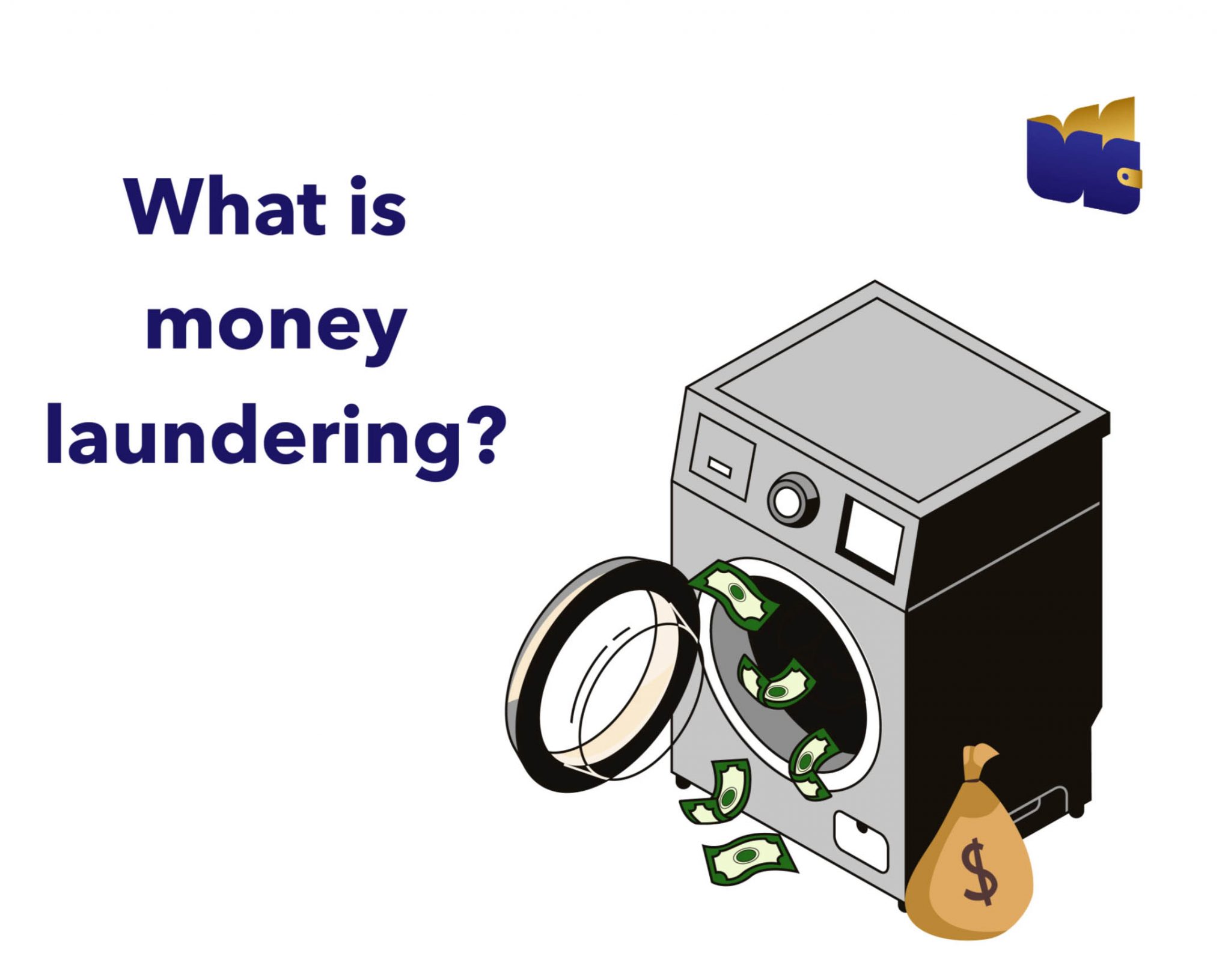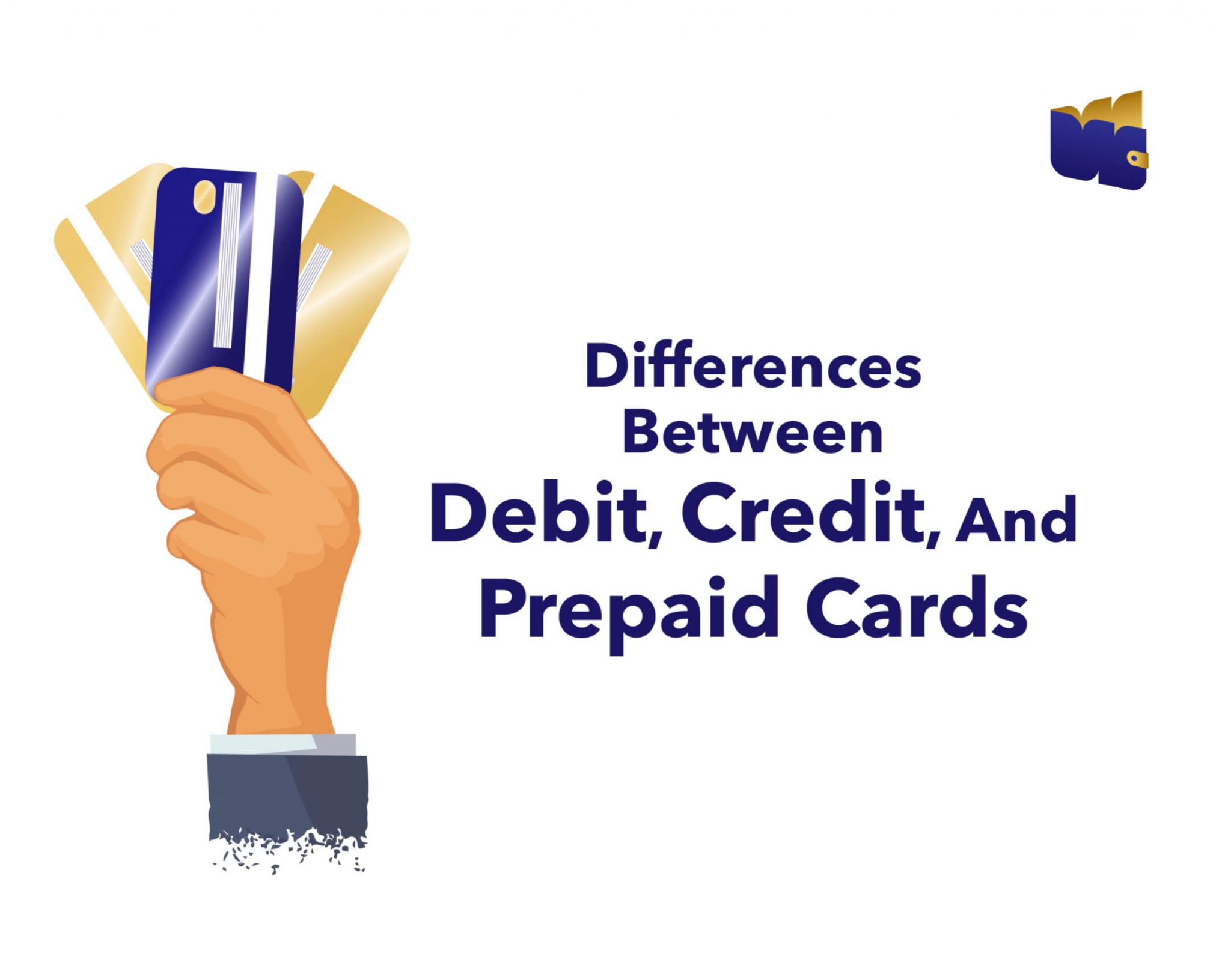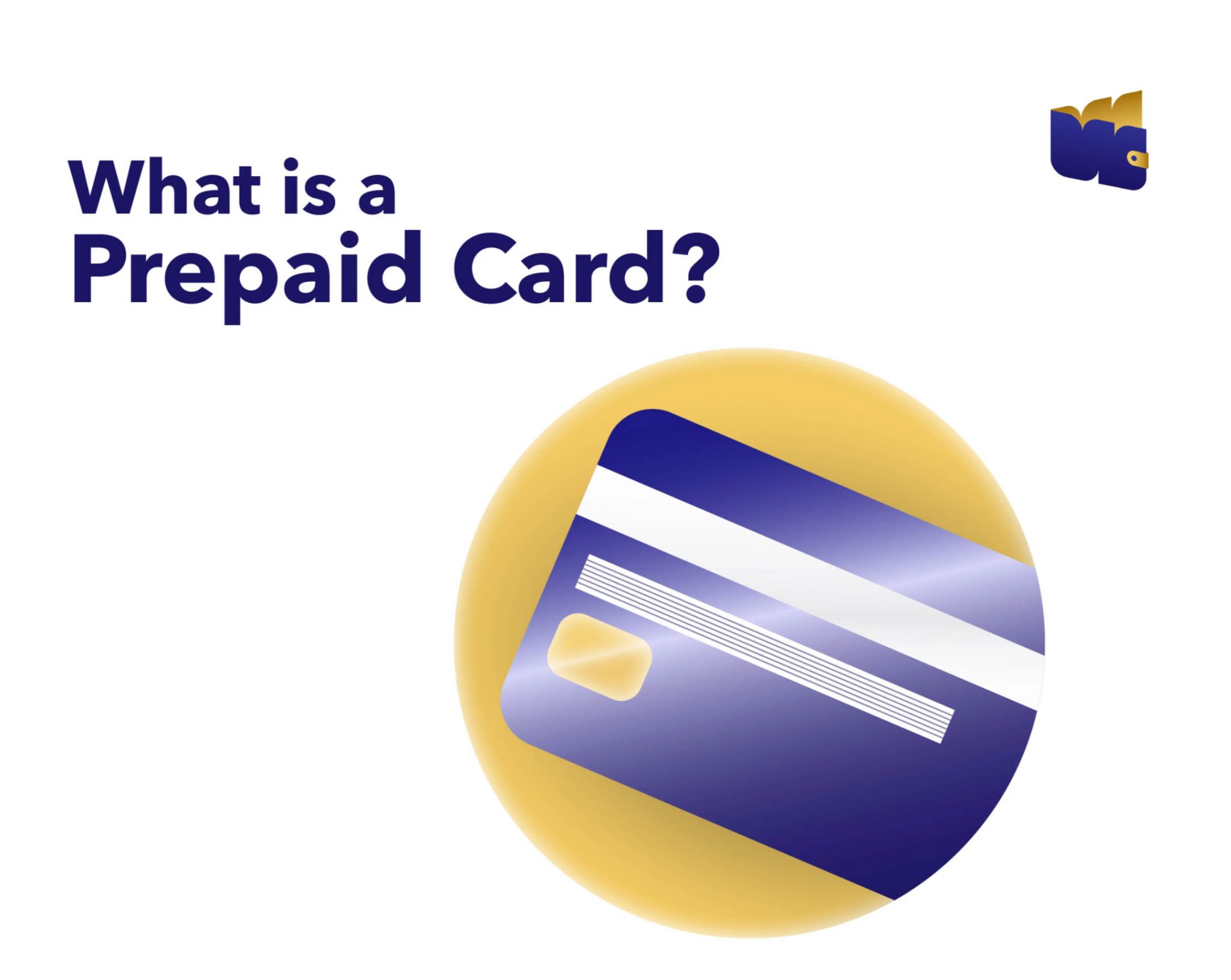Money laundering has been around for a very long time, and has become one of the major sources of illegal activity in the world of crime. Even though it has many many years on its back, it’s still writing history, since it hasn’t stopped emerging! OK, I know what you’re thinking… What is money laundering? Well, keep on reading to find out!
Money laundering is an illegal technique that appears to have a tremendous interest by international criminals. It is a process in which money is generated from crime and proceeds remain hidden or legitimated. The reason of committing this kind of crime is to make “dirty” – immorally obtained money, look like it is “clean” – legally acquired. Launderers after making money through illegal activities (e.g. selling drugs, etc.), they need a way to deposit it in a bank or financial institution, and they can only achieve that, if the funds look like they come from a legal source! However, such an action has serious consequences in terms of compliance and law. If a bank is suspicious about the genuineness of the money, they’ll report it. To combat money laundering activities, WireWallet utilizes advanced transaction monitoring tools, alongside state-of-the-art compliance software.
Stages of Money Laundering
This kind of process consists of three steps: Placement, Layering and Integration.
Placement: moving the illegal cash into a legal financial system or bank, relieving the person of having large amounts of money with him/her.
Layering: After the money is deposited into the financial system, it can be transferred to different legitimate accounts, to camouflage the original source of the money.
Integration: The money can now be withdrawn from the accounts (that can be directly or indirectly managed by the money launderer), as legitimate money.
Methods of money laundering
The most common methods used by criminals to launder money are:
· Structuring/Smurfing: The person spreads his funds into multiple bank accounts to make it harder to get caught.
· Cash Smuggling/Currency Exchanges: This form refers to smuggling large amounts of funds in different countries – into foreign accounts, where money laundering enforcement is not that rigorous.
· Shell Company: The illegal money is under the name of “ghost” companies that don’t have active operations or assets. These fictious companies are used to transfer money from one place/country to another, or to “keep” the money until the perpetrators needs it.
· Casinos: In this case, criminals use the illegal money to buy chips at casinos and play for a short time. Then they redeem the chips and receive a receipt or a check, making it appear that the money was won. Perpetrators also spent their money on other gambling games to conceal the fraud.
· Cash-intensive businesses: Criminals exploit the fact that a large amount on businesses’ earnings are in the form of cash, by using the business accounts to deposit illegal money. In this way, the company claims that the money come from legitimate sources as it usually does. Since the business’ revenue can be unstable, it is even harder to detect the difference between costs and incomes.
· Asset Purchase: This typical method is used when investing the “dirty” money in purchasing assets. The aim is to change the form of funds, by exchanging it with something equally valuable, and at the same time minimizing suspicion.
· “Black” salaries: This technique refers to companies having unreported employees, who they pay with criminally derived cash.
· Cryptocurrency transactions: Money launderers can commit this crime even more easily, since the payments cannot be traced!
It is important to conduct your transactions safely to avoid any compliance, or law issues. WireWallet has an automatic monitoring system that holds incoming and outgoing funds for a short period whilst our systems systematically check each transaction for suspicious activity or origins.
Open your account with WireWallet , the best online payment solutions provider, and enjoy safe transactions!




